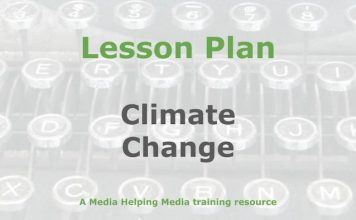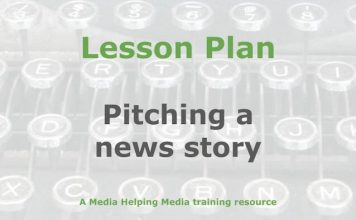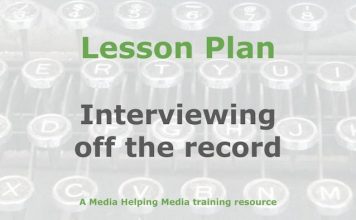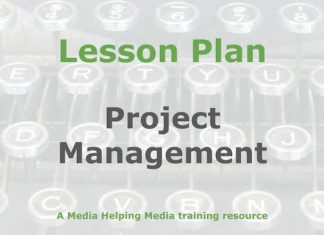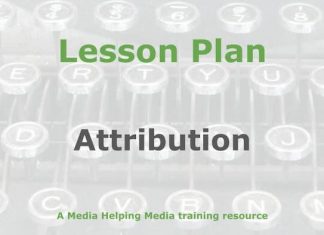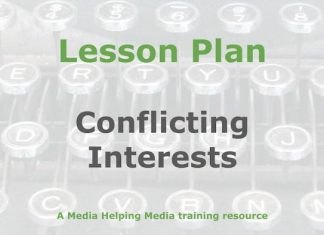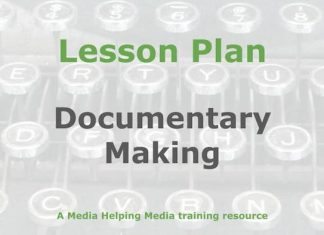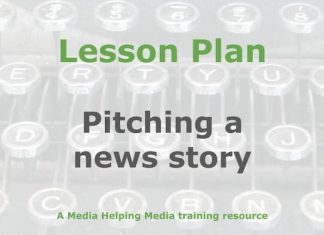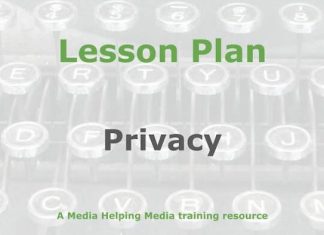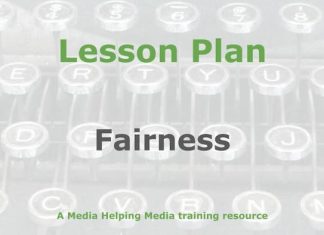Lessons
Our free day-long lessons provide comprehensive, in-depth training on specific journalism topics. Each structured lesson includes theoretical foundations, practical exercises, real-world examples, and assessment tools, offering complete teaching packages for trainers or intensive self-study for journalists. All our material is free to download, adapt and use. Scroll down our site map for all the content in this and other sections.
Lesson: Media project management skills
This lesson plan is designed to help journalists understand what is required to plan for news events, programmes and products.
Lesson: Referencing, attribution, and plagiarism
This lesson plan is designed to teach students how to reference material, provide attribution, and avoid plagiarism.
Lesson: Conflicts of interest in journalism
This lesson plan emphasises the importance of understanding, identifying, and avoiding journalistic conflicts of interest in order to maintain editorial integrity and public trust.
Lesson: How to make a documentary
This lesson plan is designed to help students learn the skills required to create compelling, in-depth and informative news documentaries.
Lesson: Pitching a news story to an editor
This lesson plan provides a comprehensive guide to the essential skill of pitching a news story idea to an editor.
Lesson: Preparing for and carrying out an interview
This lesson plan is designed to teach students how to carry out an interview in a way that reveals new and important information.
Lesson : Respecting privacy as a journalist
This lesson plan is designed to help journalists learn how to respect privacy while also being thorough as they investigate issues that are in the public interest.
Lesson: Fairness in journalism
Fairness in journalism is the concept of reporting news without bias or prejudice.
You might also like
Lesson: Artificial intelligence in journalism
This one-day lesson outline is designed for working journalists and editors who want to understand how artificial intelligence (AI) is reshaping journalism.
Refresher: The role of journalism in society
This intensive one-day programme compresses the core content of our six-week module on the fundamental role of journalism in society.
Workshop: The importance of clarity in news
Clear, accurate writing helps readers understand every word. We prioritise clarity and precision to keep our audience fully engaged.
